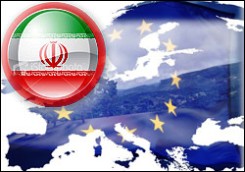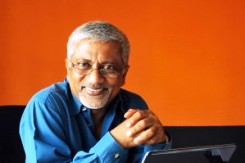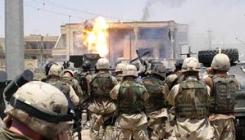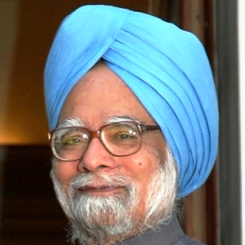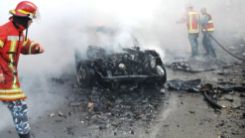By Said Khaloozadeh* | IDN-InDepth NewsAnalysis
TEHRAN (IDN) – Every time that the European Union (EU) has established an independent diplomatic mission in a country, it has been construed as a sign of the willingness of the EU member states to promote their relations with that country. Therefore, it seems that the European Union has decided to improve and promote the level of its relations with the Islamic Republic of Iran.
In order to achieve that goal, one good way is to open an independent embassy in the Iranian capital city of Tehran. This will also open the way for future negotiations between the two sides on the conclusion of a bilateral trade and cooperation agreement, and will also help Tehran and the EU to further strengthen their mutual relations. The next stage will be the opening of an independent embassy by the Islamic Republic of Iran in the seat of the EU in the Belgian capital city of Brussels, which will be a further sign of improvement in bilateral relations

